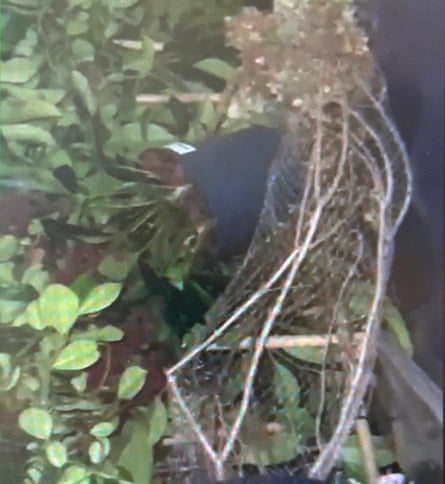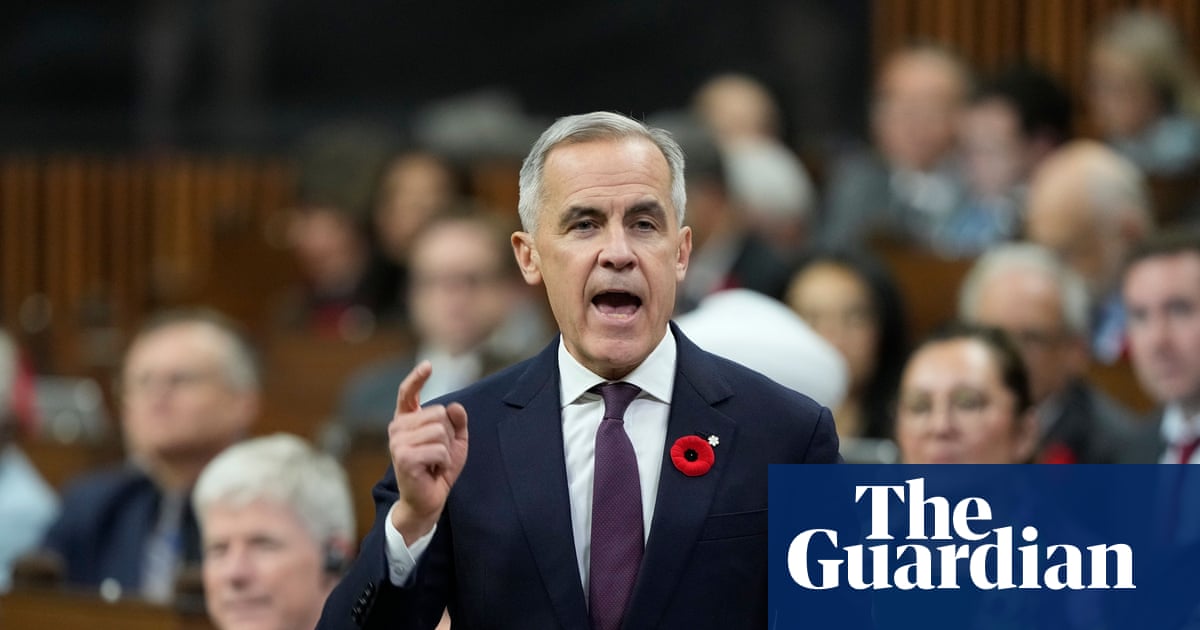Importers of plants say long delays and damage to shipments at a Kent border control post risk driving up prices and could lead to transport companies stopping deliveries across the Channel.
Traders have reported long waits in recent weeks at the government’s Sevington facility off the M20 near Ashford, which was built to check goods of plant and animal origin arriving from the EU. One importer said delays were adding £200 of costs to each load.
There are also warnings that trees and shrubs are repeatedly being damaged when unloaded and reloaded on to lorries during the inspection process.
Since Brexit, deliveries of animal and plant products between Britain and the EU have required paperwork and been subject to stringent inspections at the border as a part of sanitary and phytosanitary (SPS) controls.
All plant products rated as high or medium risk – including bedding plants, cut flowers and bark – are inspected, with the checks aimed at enhancing Britain’s biosecurity and preventing harmful plant and animal diseases from entering the country.
However, several traders said they were facing significant problems during border controls at Sevington, including trucks stuck there for several days before being released.
A recent shipment of olive trees from a nursery in Pistoia in Italy, destined for Premier Plants near Chelmsford in Essex, was held up for five days, according to the company’s co-founder Karl Clark.
“It’s frustrating and adds cost. We have been importing plants from Italy for over 20 years and never had these sorts of problems before Brexit,” Clark said.
John Davidson, the finance director at Tom Brown Wholesale, which brings daily deliveries of cut flowers and plants into the UK from the Netherlands through Sevington, said delays at the border post “go in waves”.
“Three weeks ago we had three delays in a row, but the following week was fine,” he said. “An hour or two delay can really set us back in our business.”
The latest delays at Sevington come at a busy time for importing plants, following a lull during the warm summer months when larger shrubs and trees tend not to be exported from the EU.
Premier Plants, which supplies landscape designers, developers and local councils, said recurring delays at the border risked making the company unreliable, while also adding costs. Clark estimates delays add an extra £200 to each load, on top of transport charges and administrative expenses.
“Luckily, at this time of year the delays are not too disastrous, but you can imagine what it is like in the summer; the plants are going to cook or dry out,” Clark said.
Marco Innocenti’s family-run nursery in Tuscany is one of Premier Plants’ suppliers and delivers to the UK twice a week.
When one of its most recent shipments arrived with customers after checks in Sevington, some potted plants inside the lorry were upside down, while others had broken branches. Innocenti called this “unacceptable” and blamed the damage on the truck being “unloaded and reloaded carelessly”.
“We cannot continue this way,” he said. “The authorities must recognise the seriousness of this issue.”
after newsletter promotion

The Sevington checkpoint costs £23m a year to run, according to a government estimate for the last financial year. Companies importing goods subject to SPS controls are required to pay a “common user charge” for using the facility, which is £29 for each species in a consignment, whether it is checked or not, and is capped at £145 for each delivery.
Following construction, the facility was described as a “white elephant” and was not used for some time after the UK repeatedly delayed the introduction of physical checks on plant and animal products from the EU.
However, these finally began in April 2024 and traders have reported a significant increase in items requiring inspection in recent months, since the announcement of Keir Starmer’s “reset” deal with the EU.
Industry body the Horticultural Trades Association (HTA) and many plant traders say an SPS agreement with the EU that could remove the need for border checks as part of the “reset” cannot come soon enough, although this may not be implemented until 2027.
“The last few weeks have not been good at Sevington,” one logistics company told the Guardian. “Some companies are struggling with the costs and with damage. In the end some exporters are maybe going to say ‘sorry, we give up on the UK.’”
The outsourcing firm Sodexo was awarded the £184.5m contract by the government to run Sevington for three years from July 2023 on behalf of HM Revenue and Customs, and is also responsible for the Department for Environment, Food and Rural Affairs (Defra) border control posts located on the site.
The Swiss-headquartered logistics company Kuehne + Nagel handles vehicle inspection at Sevington under a deal with Sodexo. Kuehne + Nagel and Sodexo did not respond to requests for comment.
The government is reviewing its procedures at border control posts, the Guardian understands. The government is also understood to claim that any complaints about damage are investigated, with a response provided to the trader as soon as possible.
A government spokesperson said: “Protecting UK biosecurity remains one of our key priorities. We are working with border control posts to ensure they operate effectively, and with traders to ensure checks are completed efficiently, swiftly and without significant delays.
“We are focused on negotiating an SPS deal that could add up to £5.1bn a year to our economy, by cutting costs and reducing red tape for British producers and retailers.”

 2 hours ago
7
2 hours ago
7

















































